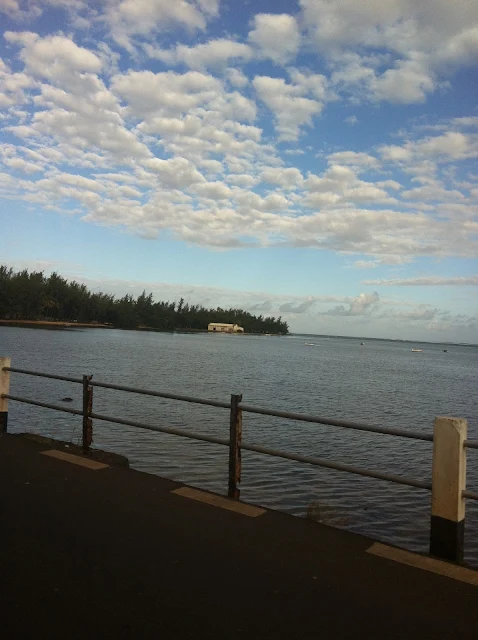Produced, Written, Directed by Adam Curtis
#4 Twilight of Dogs
1987 was a good year for Britain and Mrs Thatcher. Her idea of a free market stimulating the economy seem to be working. So they thought, until Black Monday showed up, wiping out 20 percent of its capital.
This final episode tells us how the unhealthy mix of businessmen and politicians produced a ruling system that was corrupt and powerless to the power of the market forces. The bankers became the play makers and could dictate terms.
In 1971, the Heath's Labour Government started pumping money into the economy, trying to recreate the Renaissance of British businesses. In 1973, however, they were embroiled into a crash which was worse than the 1929 crash. The leaders then realized that they cannot control the economy.
In 1979, during Thatcher's administration, the economy was not controlled and the markets had a free rein. Exchange control was deregulated making money move easily across borders. Foreigners move in with their oil money. Bankers started changing the landscape of UK. Factories were bought over, downsized, with the intent of fueling the economy.
Tiny Rowland, after his nefarious undermining reputation of acquiring gold mines in Africa, brings in his money. He made his bid to acquire Harrods. His seedy, shady, corrupt past hanging over his head, the banks tried their utmost to stop Rowland to control their crown jewel and succeeded.
| Mohamad Al Fayed |
The high interest rates at that time drew many investors to ship their money to the US. One of such figures was the richest man in the world then, the Sultan of Brunei who wanted to ship £10 billion out. The desperate British managed to coax him to stay put through his agent Mohamad Al Fayed. As a token of appreciation, Al Fayed was given the easy pave to acquire Harrods for £ 570 million. The sore Rowland and the many British nationalists voiced their discontent. They questioned Al Fayed's source of acquiring cash.
The 1987 stock market crash drew James Goldsmith back to London from his self imposed exile in Mexico. He, however, found it hard to break into the system which were too familiar with his way of doing business. Even the pension managers used his ways to enrich their members.
Fayed's close relationship with the royal family and some MPs created animosity. It started a culture of MPs patronizing businessmen and lobbyists in the British Parliament. Soon the MPs started asking, "What is it for me?". Scandals of money for questions in parliament cropped up. Retired MPs were made directors of companies of their proxies.
James Goldsmith also started The Referendum party to challenge the ruling party. The Party was disbanded after his death in 1997. Tiny Rowland also died the following year.
The new Labour Goverment in 1997 gave away the control of interest rates to the Bank of England and much of its power to the market forces. And the economy was booming then...
The 1987 stock market crash drew James Goldsmith back to London from his self imposed exile in Mexico. He, however, found it hard to break into the system which were too familiar with his way of doing business. Even the pension managers used his ways to enrich their members.
Fayed's close relationship with the royal family and some MPs created animosity. It started a culture of MPs patronizing businessmen and lobbyists in the British Parliament. Soon the MPs started asking, "What is it for me?". Scandals of money for questions in parliament cropped up. Retired MPs were made directors of companies of their proxies.
James Goldsmith also started The Referendum party to challenge the ruling party. The Party was disbanded after his death in 1997. Tiny Rowland also died the following year.
The new Labour Goverment in 1997 gave away the control of interest rates to the Bank of England and much of its power to the market forces. And the economy was booming then...












